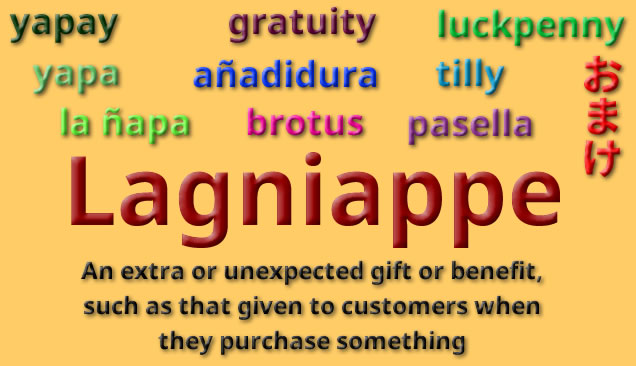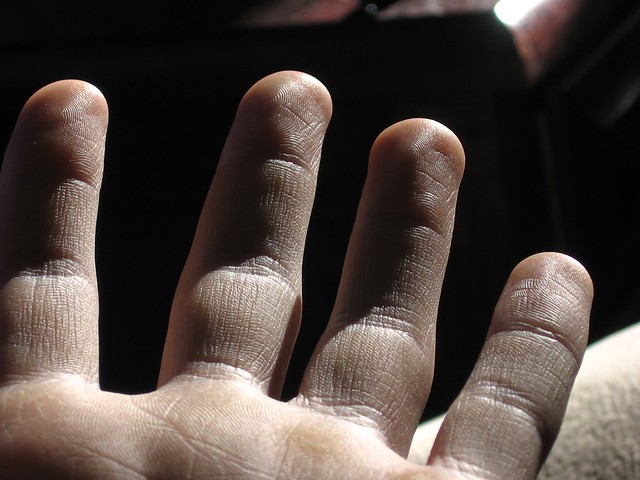Podcast: Play in new window | Download
In this Adventure in Etymology we’re looking into the origins of the word guide.
Guide [ɡaɪd] means:
- Someone who guides, especially someone hired to show people around a place or an institution and offer information and explanation, or to lead them through dangerous terrain.
- A document or book that offers information or instruction; guidebook.
It comes from Middle English gīde / gidde / guide (guide, pilot, helmsman), from Old French guide (guide) from Old Occitan guida (guide), from guidar (to guide, lead), from Frankish *wītan (to show the way, lead), from Proto-Germanic *wītaną (to see, know, go, depart), from PIE *weyd- (to see, know) [source].
Words from the same roots include druid, history, idea, vision, wise and wit in English, gwybod (to know) in Welsh, fios (knowledge, information) in Irish and veta (to know) in Swedish [source].
The English word guide has been borrowed into various other languages, including Japanese: ガイド (gaido – guide, tour guide, conductor, guiding, leading, guidebook) [source], and Korean: 가이드 (gaideu – tour guide, guidebook, user’s manual) [source].
By the way, there’s an episode of the Celtic Pathways podcast about the word druid, and there’s a post on my Celtiadur blog about words related to knowledge in Celtic languages.
You can also listen to this podcast on: Apple Podcasts, Amazon Music, TuneIn, Podchaser, Podbay or Podtail and other pod places.
If you would like to support this podcast, you can make a donation via PayPal or Patreon, or contribute to Omniglot in other ways.
Radio Omniglot podcasts are brought to you in association with Blubrry Podcast Hosting, a great place to host your podcasts. Get your first month free with the promo code omniglot.
I also write about words, etymology and other language-related topics on the Omniglot Blog, and I explore etymological connections between Celtic languages on the Celtiadur blog.













